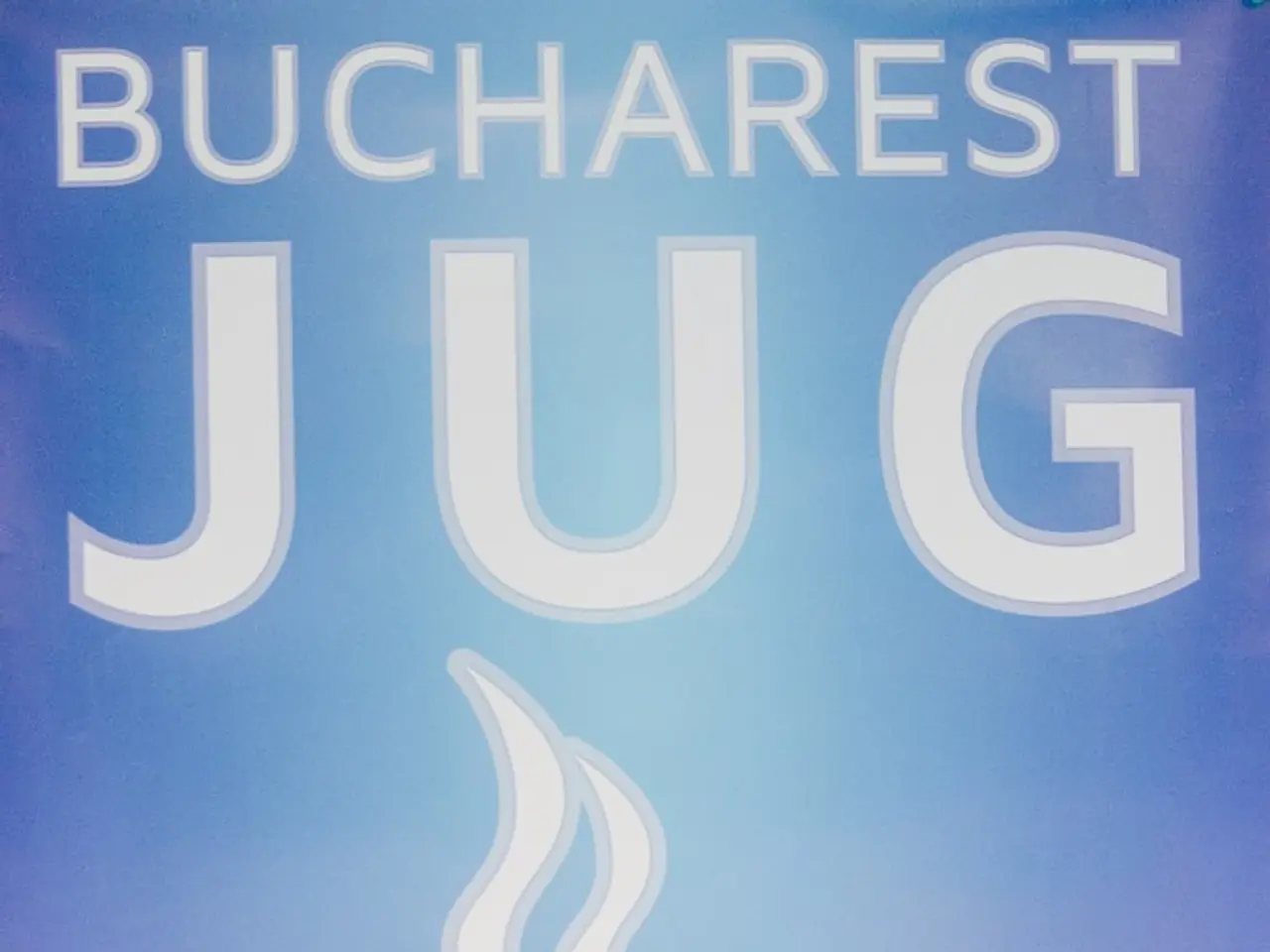Pharmaceutical giant Pfizer outperforms financial expectations, sparking speculation about a potential resurgence in the company's stock market performance.
Pfizer, the multinational pharmaceutical giant, has shown strong potential as a long-term investment, according to recent financial performances and strategic initiatives.
In the second quarter, Pfizer's total revenue increased by 10% year-over-year to $14.7 billion, comfortably surpassing analyst estimates. The company's earnings per share stood at $0.78, a 30% increase from the year-ago period. This impressive financial performance was driven by solid sales of drugs like Vyndaqel and Eliquis, Pfizer's top-selling product.
Pfizer's focus on expanding margins and advancing its R&D pipeline, particularly in the oncology sector, is a major growth area in pharmaceuticals. The company has strengthened its presence in oncology through acquisitions, with Xtandi and Padcev, two of Pfizer's cancer drugs, performing well. Pfizer has also earned approval for several brand-new medicines in recent years, including Abrysvo, a therapy to prevent lower respiratory tract disease caused by RSV in patients aged 18 to 59. Sales of Abrysvo were more than double the amount in the same period last year, bringing in $143 million for the second quarter.
Pfizer's current market valuation, with a market cap of about $139 billion and a price near $24.27 per share, suggests a valuation that may be reasonable relative to its earnings potential. The company is projected to increase in value, with potential returns around 17–18% over the coming months to a few years.
The stock of Pfizer looks attractive due to its solid dividend program and lower forward price-to-earnings ratio. With a current forward yield of 7%, investors can enjoy a juicy dividend. Pfizer's recent forward price-to-earnings ratio is around 8.3, lower than the healthcare industry's average of 15.9.
However, it's important to note that some of Pfizer's top-selling products, such as Eliquis and Xtandi, will lose patent exclusivity within a few years. This could potentially impact the company's revenue in the short term.
Pfizer's coronavirus vaccine Comirnaty generated $381 million in revenue during the second quarter, a 96% increase from the year-ago period. Pfizer's COVID-19 treatment Paxlovid reported revenue of $427 million for the second quarter, a 70% year-over-year increase.
To further boost its financial performance, Pfizer plans to decrease costs by a total of $7.2 billion by the end of 2027. The company has already projected net cost savings of $4.5 billion by the end of this year.
Investors should consider the potential upside for Pfizer's stock, but not solely based on its recent earnings beat. The company's promising oncology pipeline, cost-cutting initiatives, and a relatively low P/E ratio compared with peers support its case as a good long-term investment opportunity, assuming continued execution on these fronts and a stable industry environment.
Read also:
- Swimming advisory at beaches: Ensure to check ratings before your beach trip, as certain locations may not be safe for swimming
- Lemons: Advantages, Nutritional Facts, Suggestions, and Potential Hazards
- Germany deploys five fighter aircraft to Poland
- Strategies for Expanding Law Firms: Steer Clear of Mediocrity for Sustained Prosperity




